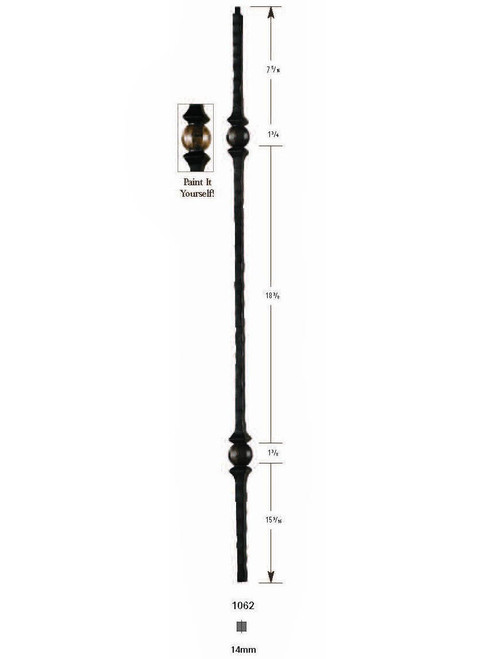The Voices of a New Generation
As the effects of climate change become ever more apparent, a new generation is stepping up and raising their stake in the fight for a sustainable future. Gen Z, born between the late 1990s and the early 2010s, has witnessed extreme weather events, rising sea levels, and biodiversity loss throughout their formative years. These experiences have forged a commitment among many young people to not just advocate for change but to be catalysts for it.
A Sense of Urgency
From school strikes led by figures like Greta Thunberg to local clean-up initiatives, the momentum of youth-led climate movements is palpable. Recent surveys indicate that 73% of Gen Z expresses concern about climate change, with many willing to make significant lifestyle changes to mitigate their impact on the environment. This is not just a passing fad; it’s a consciousness that permeates their identities.
The Financial Stake
But the stake Gen Z holds extends beyond activism; it also manifests in their spending habits. According to a report by Deloitte, 83% of Gen Z consumers prefer to buy from brands with sustainable practices. “When we choose where to spend our money, we’re voting with our wallets. We’re staking our future on companies that align with our values,” said Sarah Jones, a 21-year-old climate activist from Toronto. This generational shift in consumer behavior is pressuring corporations to prioritize sustainability, influencing everything from product design to supply chain practices.
Social Media Amplification
Social media has become a crucial platform for amplifying these voices, where hashtags like #ClimateStrike and #GenZforChange have gained millions of impressions. TikTok and Instagram serve as platforms for informative campaigns, tutorials on sustainable practices, and even calls to action for local events. The viral nature of social media ensures that information spreads quickly, making it a powerful tool for social change.
Business Implications
Corporations that fail to recognize the growing stake of Gen Z may find themselves on the wrong side of history. Brands like Patagonia have led the charge by actively participating in climate advocacy, appealing directly to the younger demographic that values ethical practices. Conversely, companies like ExxonMobil have faced backlash for their environmental policies, resulting in boycotts and negative publicity. This dichotomy illustrates how a lack of action can alienate an increasingly conscientious consumer base.
A New Political Landscape
The implications of Gen Z’s newfound stake in climate action reach beyond the marketplace; they are poised to alter the political landscape as well. Many young voters stepped up during the 2020 elections, advocating for candidates prioritizing climate action. As this demographic continues to engage in the political process, their concerns will force policymakers to reconsider environmental policy and sustainable legislation.
Looking Ahead
The climate crisis is daunting, but the urgency felt by Gen Z signals a shift in how we tackle global issues. With their clear stake in the fight for a sustainable future, it’s essential to recognize that this generation is not just asking for change; they are demanding it. The future landscape will be shaped not just by policy but by the growing power of a generation ready to lead and innovate. As they rally to address the challenges of today, their collective actions will undoubtedly determine the world they will inherit tomorrow.
